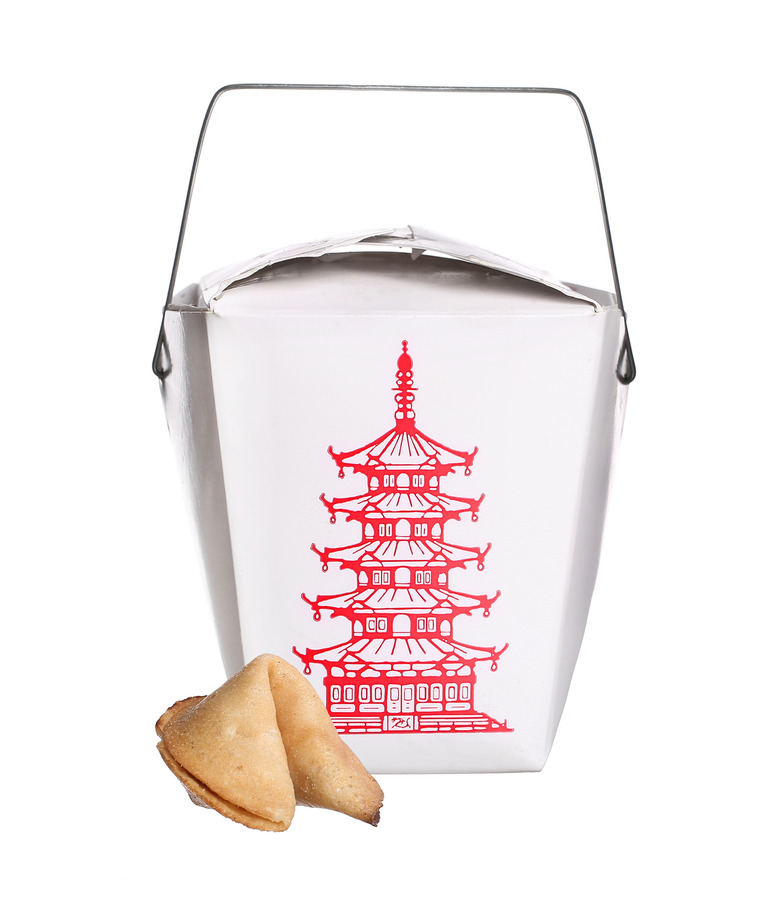Here's Why The Chinese Takeout Emoji Is Being Called Out For Cultural Appropriation
One of the latest emojis promised with the iOS 11.1 update is being criticized for engaging in cultural appropriation.
The Chinese takeout box emoji features a traditional white and red accented takeout box with chopsticks sticking upright from an unseen pile of food.
According to Ming-Cheau Lin, a writer and recipe developer born in Taiwan, this is a symbol of disrespect.
The chopsticks stuck in Chinese takeout symbolises death. Appropriated much? #culturalappropriation @Apple @ResonateVoices @raceandfood https://t.co/jBRsDbwHTp
— Ming-Cheau Lin (@mingcheau) October 8, 2017
The chopsticks appear to mimic the way Chinese people culturally honor the dead by leaving a burning stick of incense upright in a bowl of rice. Lin revealed to Munchies about why she finds the emoji so culturally insensitive.
"Taiwanese culture forms part of Chinese culture," Lin explained. "I was raised [to consider this bad etiquette], and from my understanding, the same applies in China and Japan."
However Jennifer 8. Lee and Yiying Lu, the creators of the design, disagreed with Lin's interpretation and countered her argument via Twitter.
I think given that takeout box is more American than Chinese, there is some wiggle room. We uncrossed chopsticks bc of complaints tho.
— Jennifer 8. Lee (@jenny8lee) October 8, 2017
"I think given that takeout box is more American than Chinese, there is some wiggle room. We uncrossed chopsticks bc of complaints tho," Jennifer 8. Lee said in response.
The chopsticks has been uncrossed after @bobtung's suggestion in realtime when we present the artworks at @Unicode https://t.co/3sNYWTvvat
— Yiying Lu (@YiyingLu) October 8, 2017
"The chopsticks has been uncrossed after @bobtung's suggestion in realtime when we present the artworks at @Unicode," Yiying Lu answered Lin, even attaching a photo of the final designs based on feedback from the community. Lu also told Munchies that Lin is the only person to approach her with criticism regarding the design but that it's important to have a dialogue about it.
"Emoji are universal," she told the publication. "It's fantastic that they opened up a conversation. It is very important to keep this conversation going, and to keep people discussing whether or not our emoji fit into cultural accuracy."
This is hardly the first instance of cultural appropriation with Chinese takeout boxes. Most recently, Kendall and Kylie Jenner were under fire for their tone-deaf Chinese takeout purses. This is why there needs to be a bigger discussion when it comes to cultural customs being sold to the masses. Did you know that most American "Chinese" food you would never find in China?
